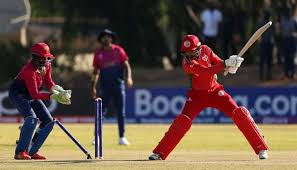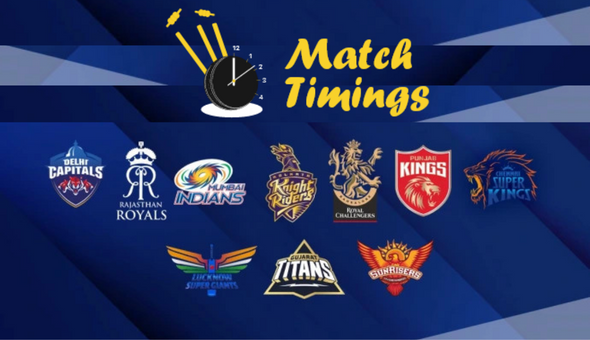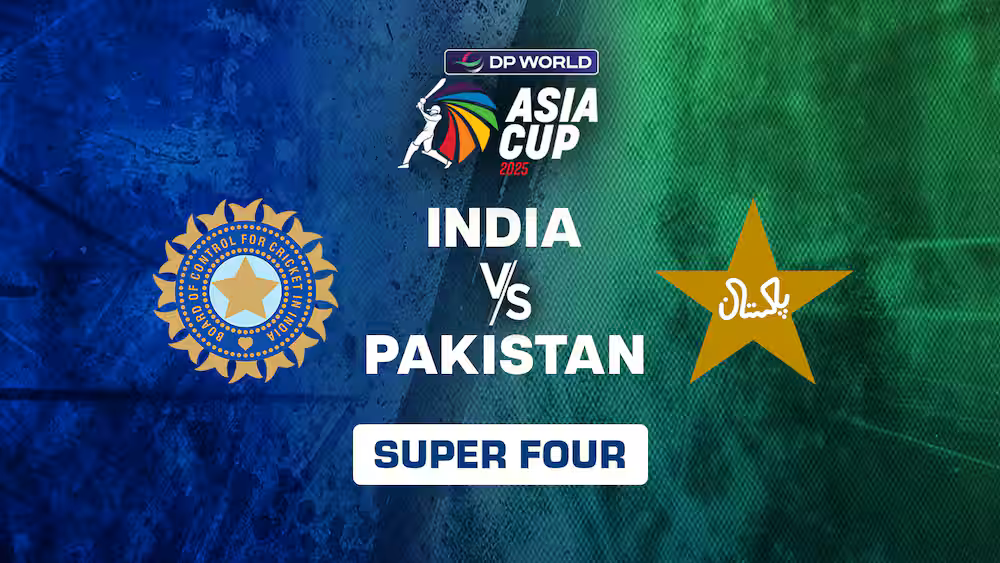List of Events
BWF
One of the most prestigious badminton competitions is the BWF world championship. It is sanctioned by the Badminton World Federation (BWF) and provides athletes with the highest ranking points.
The Badminton World Federation (BWF) is recognized by the Worldwide Olympic Committee as the sport's international governing body (IOC). The International Badminton Federation (IBF) was established in 1934, with nine member countries (Canada, Denmark, England, France, Ireland, Netherlands, New Zealand, Scotland, and Wales). The IBF amalgamated with the World Badminton Federation in 1981, and the organization's name was changed to Badminton World Federation on September 24, 2006, during the Extraordinary General Meeting in Madrid (BWF).
When the BWF (as the IBF) was created, its headquarters were in Cheltenham, UK. On October 1, 2005, the offices were transferred to Kuala Lumpur, Malaysia. The current president is Poul-Erik Hyer Larsen.
The 2022 BWF World Championships (formally known as the TotalEnergies BWF World Championships 2022 due to sponsorship considerations) were a badminton competition held from August 22 to 28, 2022, at Tokyo Metropolitan Gymnasium in Tokyo, Japan.
On Sunday (28 August 2022), finals day at the Tokyo Metropolitan Gymnasium, the 27th BWF World Championships in badminton concluded in men's singles, women's singles, men's doubles, women's doubles, and mixed doubles.
In the men's singles final, Viktor Axelsen easily defeated Thailand's Kunlavut Vitidsarn to reclaim the championship he initially won in 2017, while local favorite Yamaguchi Akane regained her world title in a decider against defending Olympic champion Chen Yufei.
Implementation Plan for the BWF Strategic Plan (2020 – 2024)
The Strategic Implementation Plan 2020-2024 is a comprehensive operational plan for carrying out the Strategic Priorities. This is made up of eight Key Results Areas (KRAs).
Each Strategic Priority includes a number of important strategies highlighted that are derived from the Strategic Implementation Plan's eight Key Results Areas (KRAs), which is a more thorough operational plan to execute our Strategic Priorities.
The Strategic Implementation Plan's eight KRAs are grouped into two categories: Core Activities (our primary emphasis) and Functional Areas (transversal elements and areas that sit across all areas of our work).
















































